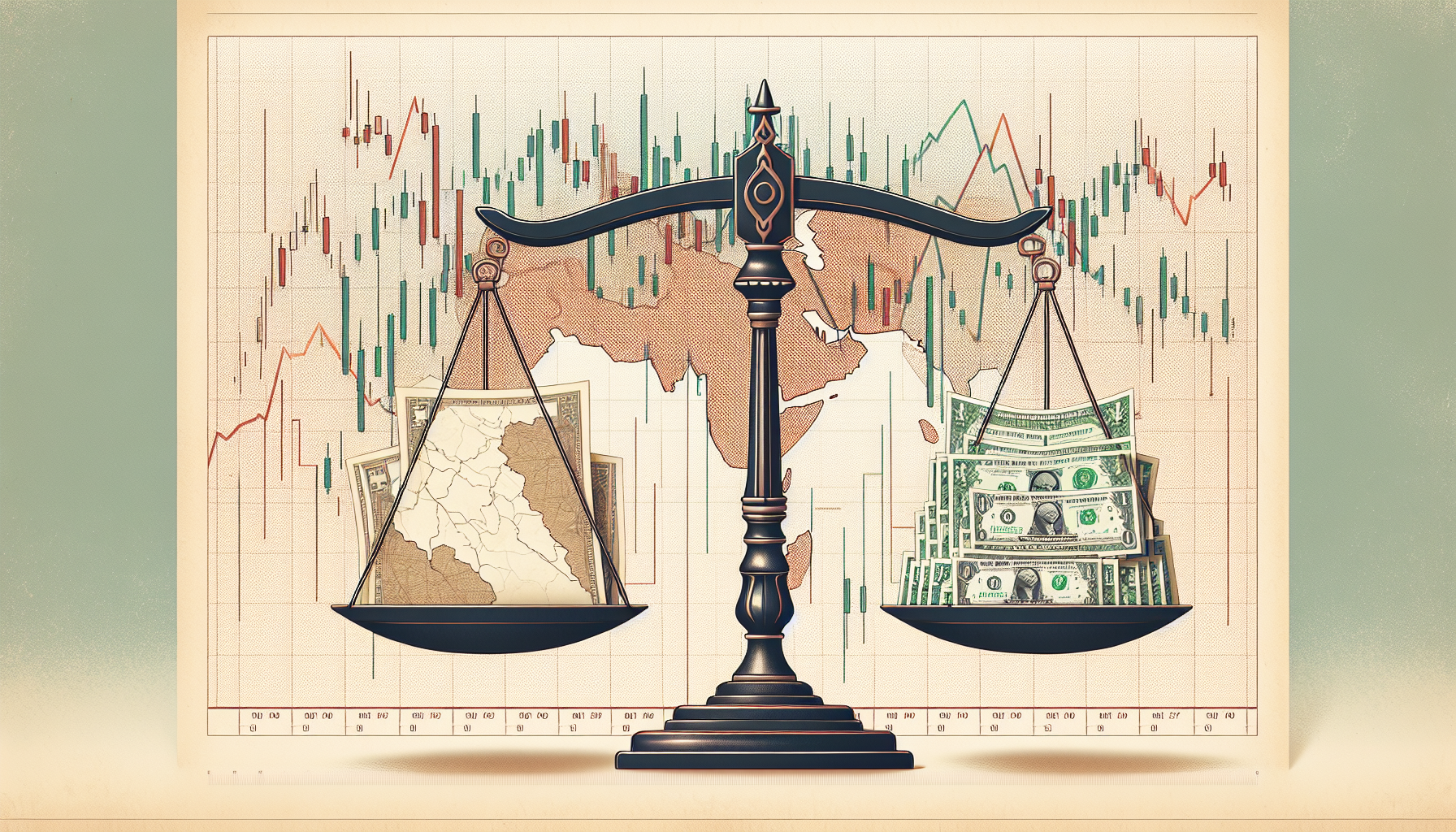The US dollar is managing to retain its role as a safe haven currency by a thin margin, a recent Bloomberg Pulse survey reveals. The ongoing conflict between Iran and Israel is expected to bolster the dollar’s position, albeit slightly. According to the survey conducted from June 13-18, over half of the 251 respondents believe the US currency will regain its safe asset status as hostilities in the Middle East intensify.
However, the survey also indicates a potential decline in the Bloomberg Dollar Spot Index over the next month. Goldman Sachs strategists, including Christian Mueller-Glissmann and Michael Cahill, noted in a client briefing that while further dollar weakness is anticipated, investors have a more balanced outlook on the risks. Some market analysts argue that the depreciation might be exaggerated, especially considering the strong performance of US assets.
This divide illustrates changing perspectives on the US dollar as global investors grow increasingly wary of US policies. Despite the recent geopolitical turmoil temporarily limiting its decline, the overall sentiment towards the dollar remains largely negative. The percentage of respondents expecting a decline in Bloomberg’s dollar gauge is the lowest since February.
Middle East turmoil affects dollar stability
The greenback was poised for its first weekly gain since May, partly due to renewed haven demand and support from a recent Federal Reserve policy decision. Fed Chair Jerome Powell highlighted the inflationary pressures from tariffs and indicated that policymakers are uncertain about future rate cuts.
Nevertheless, this week’s progress does little to counter the substantial losses the dollar has faced this year, dropping over 11% against the euro and around 8% against the Japanese yen. According to Kristina Campmany, Senior Portfolio Manager at Invesco Ltd., a weaker dollar trend is likely to persist. Speaking at Bloomberg’s Money & Macro event in New York, Campmany noted that recent US policy upheavals have made holding US currency less attractive.
The survey also touched on the impact of rising oil prices on US Treasuries. Nearly half of the respondents believe higher oil prices stemming from the Middle East conflict will add inflationary pressures, potentially slowing the bond rally. In contrast, around a third think the crude price surge will have no impact on US debt.
The preference for Treasuries over US stocks in times of crisis was evident, with 54% of respondents expecting bonds to offer better volatility-adjusted returns over the next month.

